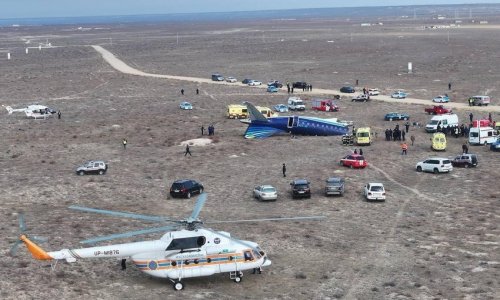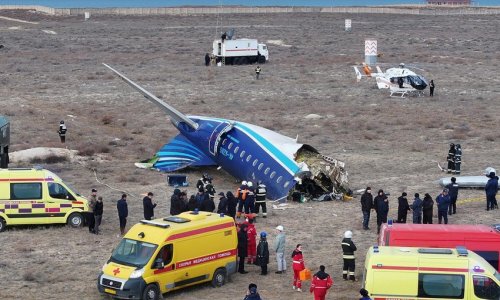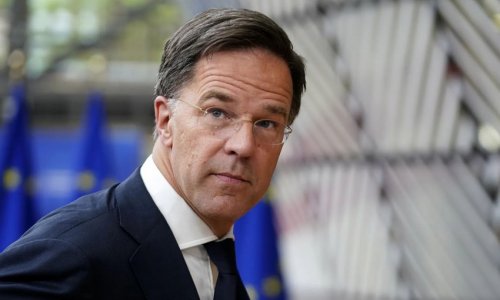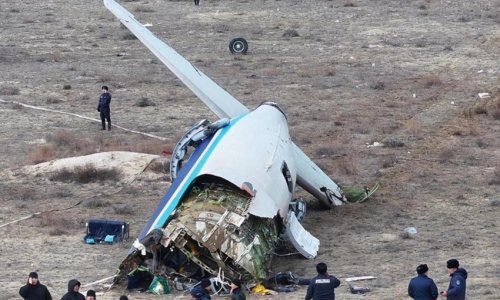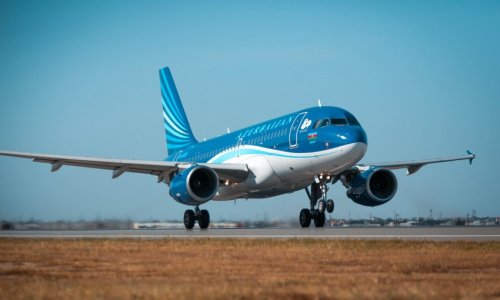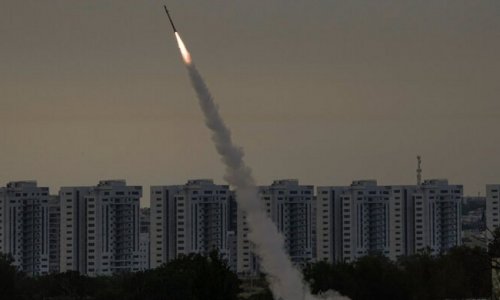Mr Kerry told his Russian counterpart Sergei Lavrov that Moscow's military intervention in Crimea had made any negotiations extremely difficult.US officials say there will be little to talk about if the referendum on Crimea's future goes ahead.The referendum is to be held on Sunday.Ukraine and the the West say that the vote is illegal.Russia said on Monday it was drafting counter-proposals to a US plan for a negotiated solution to the crisis.Moscow has condemned Ukraine's new Western-backed government as an unacceptable "fait accompli" - it says that Russian-leaning parts of the country have been turned into havens of lawlessness.Meanwhile Russian forces have strengthened their control over Crimea.In a televised briefing with President Putin on Monday, Mr Lavrov said proposals made by Mr Kerry for a negotiated solution to the crisis are "not suitable" because they take "the situation created by the coup as a starting point", referring to the overthrow of Ukraine's pro-Russian President, Viktor Yanukovych.Washington says that there has been no official response yet to a set of questions Mr Kerry gave Mr Lavrov at the weekend, asking in particular whether Moscow is prepared to meet officials from the new Ukrainian government."The United States needs to see concrete evidence that Russia is prepared to engage on the diplomatic proposals we have made to facilitate direct dialogue between Ukraine and Russia and to use international mechanisms like a contact group to deescalate the conflict," State Department spokeswoman Jen Psaki said in a recent written statement."Kerry made clear to Foreign Minister Lavrov that he would welcome further discussions focused on how to de-escalate the crisis in Ukraine if and when we see concrete evidence that Russia is prepared to engage on these proposals," Ms Psaki said.She said "it was conceivable" that Mr Kerry might meet Mr Lavrov prior to the planned Crimean referendum but the secretary of state first wanted to ensure that Moscow would engage seriously on US diplomatic proposals.Staff threatenedMeanwhile Nato on Monday announced that it is to deploy reconnaissance planes in Poland and Romania to monitor the Ukrainian crisis.Also on Monday, armed men - said to be Russian troops and local militias - seized a military hospital in Crimea.The attackers marched into the hospital in the regional capital Simferopol, threatening staff and some 30 patients.Pro-Russian troops are also blockading Ukrainian troops across Crimea, which is an autonomous region.Moscow has officially denied that its troops are taking part in the blockades, describing the armed men with no insignia as Crimea's "self-defence" forces.The government in Kiev - as well as the US and EU - accuse Russia of invading Ukraine, in violation of international law.'Enhance awareness'Nato said the surveillance flights would "enhance the alliance's situational awareness".Continue reading the main storyCossacks in RussiaCossacks in Simferopol, CrimeaTrace their origin from the steppes areas in the modern-day Ukraine and RussiaDescribe themselves as "free men" and famous for rebellious spiritHave formed "military communities" for centuriesRussian Cossacks took part in many tsarist military campaignsGradually settled in border buffer zones as Russian empire expandedMany fought against Bolsheviks after 1917 revolution and fell out of favour in Soviet eraSince fall of USSR, have taken active part in post-Soviet conflicts, including Crimea crisisSeen as defenders of conservative traditionsFamous for whips and colourful clothingLast week, the organisation said it was reviewing all co-operation with Russia and stepping up its engagement with the government in Kiev.Separately, pro-Russian troops also tried to capture a military transport base in Bahkchysarai, a town between Simferopol and the city of Sevastopol.The gunmen fired warning shots into the air, but Ukrainian soldiers repelled the attack.Step-by-step, and meeting very little resistance, pro-Russian troops are dismantling Ukraine's ability to resist in Crimea, says the BBC's Christian Fraser, who is in the region.President Putin has defended Crimea's decision to stage the referendum. "The steps taken by Crimea's legitimate authorities are based on international law," he said.However, German Chancellor Angela Merkel told him in a phone call that she considered the vote illegal.Both EU leaders and the US have warned Moscow they would slap even tougher sanctions if Russian troops remained in Crimea.Unrest in Ukraine erupted in November after former President Viktor Yanukovych's last-minute rejection of a landmark EU deal in favour of a bailout from Russia.Mr Yanukovych was ousted last month, and a new government has been voted in by the Ukrainian parliament which Russia says was a "coup".(BBC)ANN.Az
Ukraine crisis: John Kerry declines Vladimir Putin meeting
World
12:54 | 11.03.2014
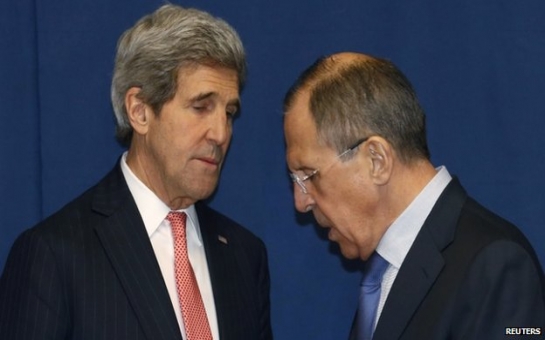
Ukraine crisis: John Kerry declines Vladimir Putin meeting
A meeting with Russian President Vladimir Putin will not happen until Moscow engages with US proposals to tackle the crisis in Ukraine, US Secretary of State John Kerry has said.
Follow us !

